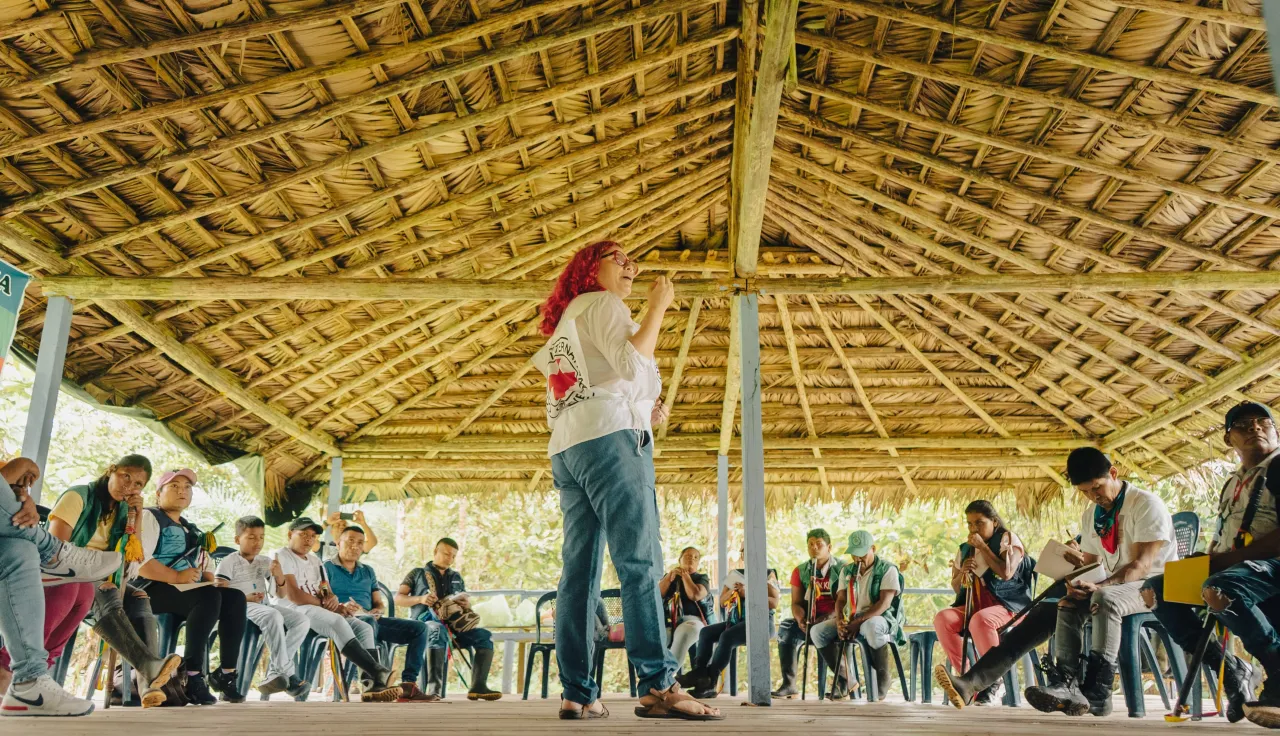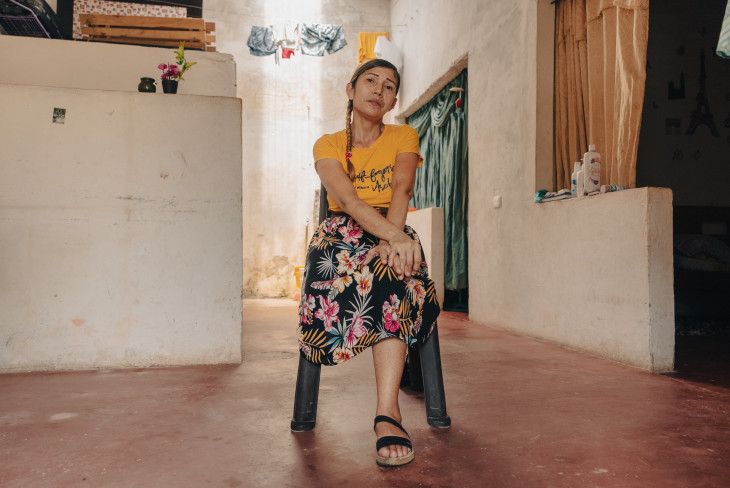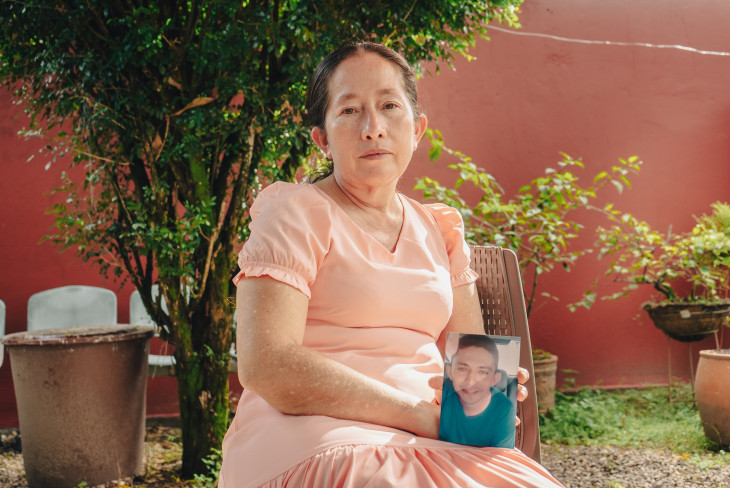Colombia: Civilian population suffers from rise in attacks

Colombia (ICRC) – The humanitarian situation in Colombia worsened in 2022, underscored by a six-year peak in the harm caused by explosive devices. Other humanitarian concerns were prevalent, including displacement, disappearances, attacks against health systems, sexual violence, recruitment of child soldiers and mental health problems.
"Civilians are suffering heavily from armed conflicts and violence. Too often they cannot hunt, fish, or sow their crops due to the increase in armed confrontation and the presence of explosive hazards," Lorenzo Caraffi, the ICRC's head of delegation in Colombia, said during the presentation of the "Humanitarian Challenges 2023" report. "Families experienced uncertainty and anguish over missing loved ones. Others experienced physical and psychological trauma that will remain with them for a long time."
Civilians face difficult living conditions and a lack of security, especially in relation to the changing dynamics of territorial control, the reconfiguration of non-state armed actors, territorial disputes, and the weak presence of state institutions. This is especially true in areas affected by the seven non-international armed conflicts and other situations of violence in Colombia.
Caraffi noted that many of the lives upended by the effects of violence are located in the most remote areas of the country. "Paradoxically, the seriousness of this issue went unnoticed by a large part of the Colombian society. But people must know when others, especially in the same country, are suffering, said Caraffi.
More victims of explosive devices
The ICRC shares an analysis of the consequences on civilians of the armed conflict and violence in its "Humanitarian Challenges 2023" report.
Last year, the ICRC recorded 515 victims of anti-personnel landmines, explosive remnants of war, launched explosive devices and controlled detonation devices. Of these, 54% were civilians, including 43 minors.

Likewise, the organization documented 209 cases of people who have gone missing in relation to armed conflict and violence. While these figures do not account for all cases of the missing, they forcefully demonstrate that disappearances are not an issue of the past.
According to official data*, in 2022 there were at least 123,000 cases of individual displacement, while mass displacement affected a further 58,000 people. Around 39,000 people were confined as a result of the upsurge in armed violence.

* Source from: seguimiento a presuntos eventos de desplazamiento masivo y confinamiento. Subdirección de Prevención y Atención a Emergencias – UARIV.
Attacks on healthcare continued last year. The Mesa Nacional de Misión Médica recorded 426 attacks against health-care workers, facilities, and vehicles, 62 per cent of which had no relation to the armed conflicts. The most serious occurrences were registered in areas most affected by armed conflict and violence.
An analysis of the diverse humanitarian consequences reveals that the most affected departments were the ones of Antioquia, Arauca, Chocó, Nariño, Norte de Santander and Valle del Cauca.
However, in departments located in southern Colombia like Caquetá, Guaviare, Meta and Putumayo, civilian population also suffered from an upsurge in violence. Although at first glance the data doesn't appear that high in these last departments, they gain more significance when low population density is considered.
In 2022, ICRC field teams recorded 400 suspected breaches of international humanitarian law and other humanitarian norms, such as homicides, threats, sexual violence, indiscriminate use of explosive weapons, recruitment, involvement of young children and teenagers in hostilities, arbitrary detention, and cruel, inhuman, or degrading treatment.
All of the above issues demonstrate how complex the current situation is and why it is crucial to preserve humanitarian action. Parties involved in conflicts must allow access to communities for impartial humanitarian organizations with the aim of easing the suffering of civilian populations and help to mitigate the effects of armed conflicts and violence.
The ICRC praises the efforts of peace talks between the Colombian government and diverse non-state armed groups. We hope these efforts contribute to alleviate civilian suffering.
Last year, 334,000 people benefited from ICRC's impartial humanitarian action. The ICRC will continue working in a neutral, impartial, and independent way to assist those affected by armed conflict and violence.
Contact for media
Laura Santamaría, ICRC, Bogotá
Communication Coordinator
Phone: +57 311 4910789
Mail: lsantamariabuitrago@icrc.org



